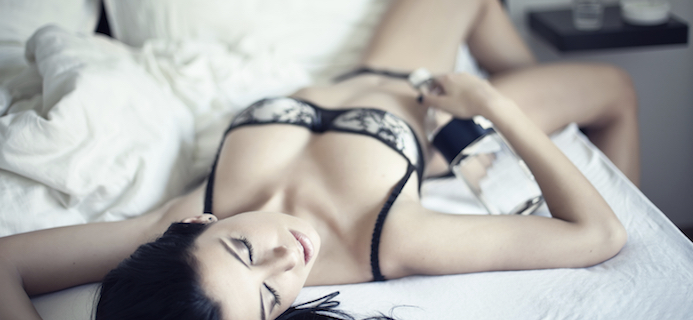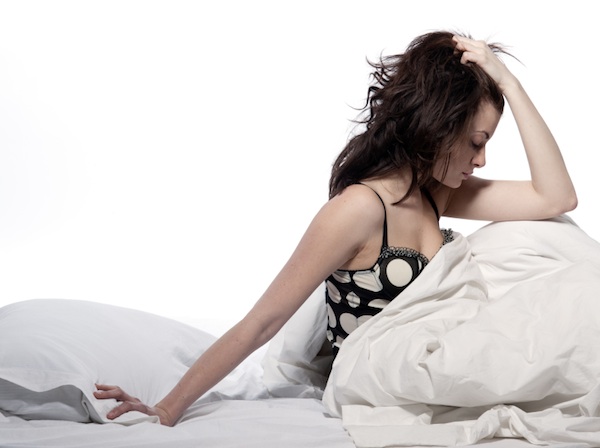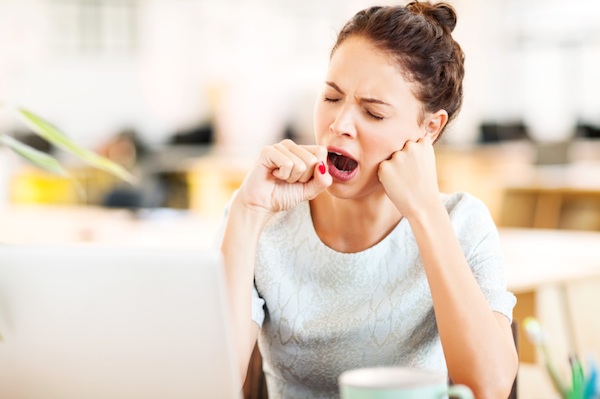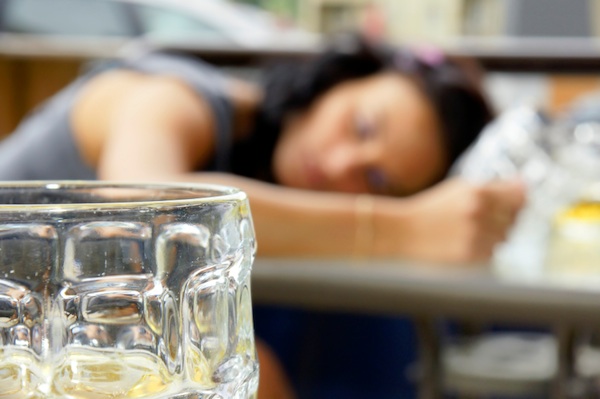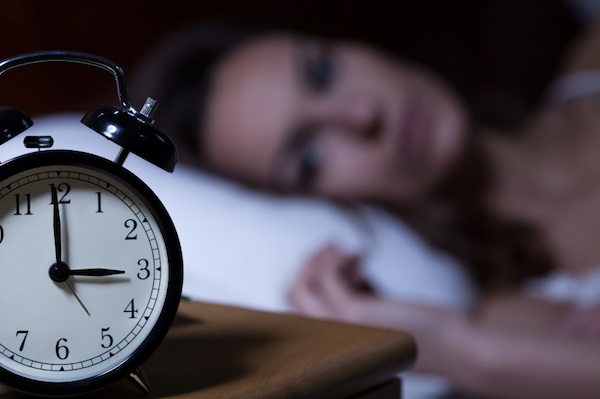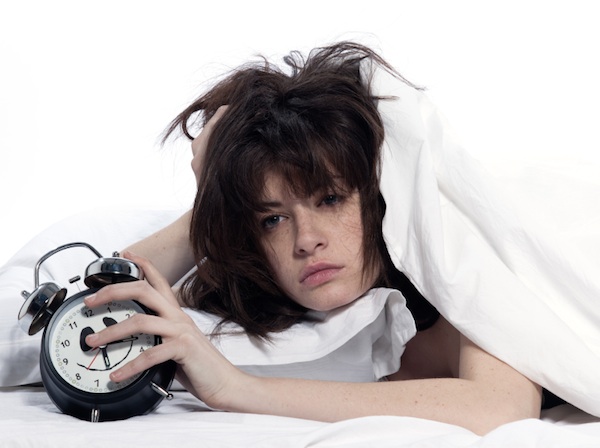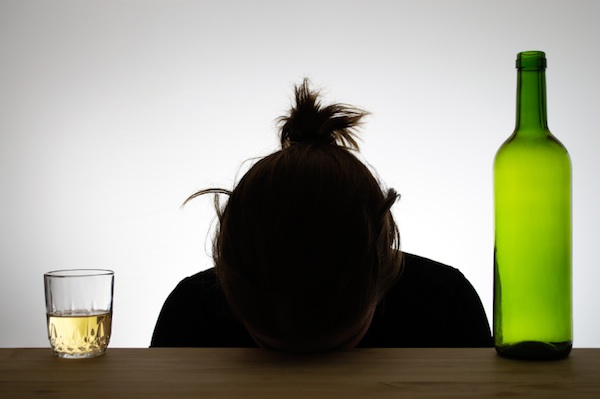Ever have trouble sleeping after drinking alcohol? Sleep expert Professor Colin Espie, founder of sleep therapy website sleepio.com explains exactly what alcohol is doing to your sleep
How alcohol impacts sleep
The effect of alcohol upon the arousal and de-arousal system should not be underestimated. Alcohol is a central nervous system depressant and can have effects as strong as many sleeping pills, depending on how large a ‘dose’ of alcohol is taken. Consequently, alcohol can make a person feel sleepy and may also result in the person falling asleep more quickly.
alcohol can make a person feel sleepy and may also result in the person falling asleep more quickly.
However, alcohol-induced sleep is not normal sleep. For example alcohol may also initially reduce one’s core body temperature, which is then seen to rebound as the alcohol wears off. Effects such as these have been observed in the laboratory, where the structure of the stages and phases of alcohol-induced sleep may be studied in great detail.
Overall, people tend to view alcohol-related sleep as being of a poorer and less restorative quality, and regular nightly consumption of alcohol may also lead to the development of tolerance, giving it the potential to be habit-forming.
regular nightly consumption of alcohol may also lead to the development of tolerance, giving it the potential to be habit-forming.
Alcohol can also alter our ‘circadian rhythms’ – the peaks and troughs in hormones and physiological parameters that occur throughout the 24-hour period – and impair the release of a growth hormone that usually accompanies deep (or slow- wave) sleep. Finally, alcohol may also worsen other sleep disorders for example sleep-disordered breathing or some parasomnias. Daytime impairment, particularly sleepiness, may then be more likely to be experienced due to increased sleep disturbance.
Overall, using alcohol as a sleep aid is not a good idea.
Overall, using alcohol as a sleep aid is not a good idea. Its beneficial effects (for inducing sleep) tend to be short-lived, as tolerance develops quickly, and it can exacerbate underlying sleep disorders.
Why alcohol makes you sleep easily
Alcohol works as a sedative, so it can help people de-arouse and get to sleep. However, it doesn’t promote your natural sleep processes, so it can result in a more broken up, unsatisfying sleep.
Why you might wake you with a jolt at 3am after nights drinking
During the first half of the night, alcohol may reduce the time taken to fall asleep and can lead to deeper phases of sleep (at least initially) while potentially suppressing other important stages of sleep (such as REM or rapid eye movement sleep). However, as the alcohol is metabolised and cleared from the body, there is a ‘rebound’ in these suppressed phases of sleep leading to, for example, increased REM sleep as well as more awakenings and lighter sleep (stage 1) later. REM is a lighter phase of sleep associated with arousal and mental activity, which is why people often have restless nights, falling in and out of sleep after having alcohol. This increase in REM intensity in the second half of the night may also help explain why we often experience more vivid and bizarre dreams after drinking alcohol.
REM is a lighter phase of sleep associated with arousal and mental activity, which is why people often have restless nights, falling in and out of sleep after having alcohol.
Sleep disorders are higher in those that drink a lot – here’s why
Firstly, alcohol is a sleep disruptor, particularly in the second half of the night so it can make any sleep problems worse since you’re not getting actual sleep. As we’ve said, alcohol-induced sleep is different from normal sleep.
Reducing regular alcohol intake can then result in symptoms of withdrawal, particularly a rebound in REM sleep, which can mean restless, unrefreshing sleep.
Secondly, we know that a lot of people use alcohol to help them get to sleep. It is the most commonly self-administered sleep aid, but it can cause difficulties for people as described above. Even if it doesn’t cause any difficulties, it is habit forming. Alcohol may therefore have less of an impact on sleep through repeated use. Reducing regular alcohol intake can then result in symptoms of withdrawal, particularly a rebound in REM sleep, which can mean restless, unrefreshing sleep.
How the amount you drink affects your sleep
The type of alcohol doesn’t really matter. It’s the units of alcohol consumed that’s important. Alcohol dehydrates people which can also affect sleep, but even if they drink pure water alongside alcoholic drinks throughout the night, this will affect dehydration (alleviating some of it), but it won’t prevent alcohol affecting sleep and how we feel the next day (e.g feeling less alert).
How age and alcohol consumption affects sleep
There are natural changes to sleep that occur as we age – our sleep becomes more vulnerable to fragmentation. This is definitely something to keep in mind as alcohol is a sleep disruptor and when sleep is already vulnerable to fragmentation in the second half of the night (towards morning), drinking alcohol can make it worse.
Professor Colin Espie is co-founder of behavioural medicine company, Big Health whose first product is Sleepio, a digital sleep improvement program.
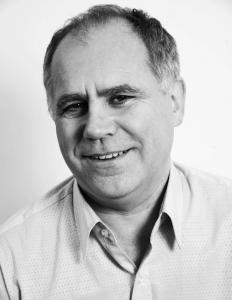
Like this article? Sign up to our newsletter to get more articles like this delivered straight to your inbox.



